
Fibre might not steal the spotlight on your plate, but it plays a vital role in keeping us healthy – especially as we age.
Despite its many health benefits, from supporting digestion to reducing the risk of chronic disease, fibre often doesn’t get the attention it deserves. In fact, many of us fall short of the recommended daily intake.
We spoke with Doctify-rated dietitian and nutritionist Katie Sanders, who specialises in Irritable Bowel Syndrome (IBS) and gut disorders, to find out why fibre is so essential in later life, why it’s frequently overlooked, and how you can effortlessly add more of it into your everyday life.
What role does fibre have in our diet?
“Fibre has lots of different roles, especially around gut and digestive health,” says Sanders. “It adds bulk, helps soften stools and reduce constipation, and sometimes that can be more of a problem as we get older and less mobile.
“We also know that straining and increased pressure of moving stuff through the gut can worsen existing diverticular disease, which is significantly more prevalent in older adults.”
Fibre can also help improve the gut microbiome, promote feelings of fullness and help regulate blood sugar control, adds the dietitian.
Furthermore, there is also strong evidence that eating plenty of fibre is associated with a lower risk of heart disease, stroke, type 2 diabetes and bowel cancer, according to the NHS website.
“Fibre also plays a good role in helping with heart health, metabolic health and longevity,” says Sanders. “Higher fibre intake has been associated with a reduced risk of early deaths, cardiovascular disease, diabetes and certain types of cancers.”
What are the different types of fibre?
Soluble and insoluble fibre are the two main types of dietary fibre.
“Soluble fibre (such as oats, beans and pulses) absorbs water and goes into a gel-like consistency through the gut,” explains Sanders. “Whereas, insoluble fibre is the slightly more kind of that indigestible stuff (such as the stalks, skins and pits of things) that adds a lot more bulk to the stool.”
The dietitian highlights that it’s important to incorporate both types of fibre into your diet.
“Most fruit and veggies will have a mixture of soluble and insoluble fibre to them – it’s not that they’re strictly one or the other,” explains Sanders. “So, I think having a really good variety is really key and good for gut health in general.”
What is the recommended fibre intake for adults?
Government guidelines say that we should aim to eat at least 30g of fibre a day, as part of a healthy balanced diet, according to the NHS website. However, most adults are only eating an average of about 20g day.
Why do many people not eat enough fibre?
When it comes to diet, a lot of people think more about their intake of sugar, salt and protein, but not necessarily about fibre. Perhaps fibre is often not being seen as a priority or as important,” says Sanders. “Also, I think lots of people may not actually know or understand the 30g-a-day requirement, why it’s important and actually what that looks like in terms of food.”
Here are some easy ways to incorporate more fibre into your diet…
1. Choose a cereal that is high in fibre
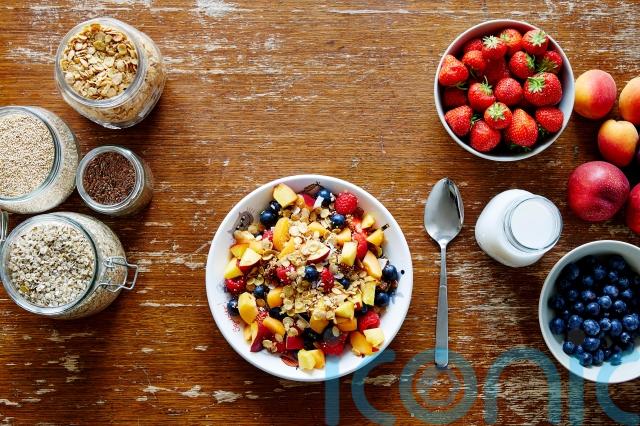
“If you’re having quite a low-fibre breakfast cereal, swap to a higher-fibre cereal, whether that’s oats or a wheat-based cereal like Weetabix or Bran Flakes,” recommends Sanders. “This will immediately increase your fibre intake by quite a lot.”
2. Add extra vegetables to your evening meal

“Try to add some extra vegetables into your evening meals,” advises Sanders. “Lots of people view fruit and veg as being more expensive, but you can get frozen mixed vegetables or buy budget friendly tinned beans and pulses. It doesn’t have to be anything really elaborate or fancy.”
3. Swap white bread for a higher fibre alternative
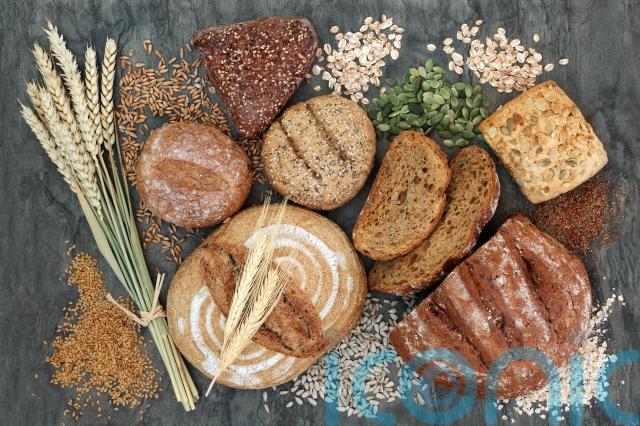
“If you’re eating a lot of white-based starches like white bread, consider going for brown, wholemeal, granary or seedy bread instead to increase your daily fibre intake,” suggests Sanders.
4. Eat a teaspoon of linseeds
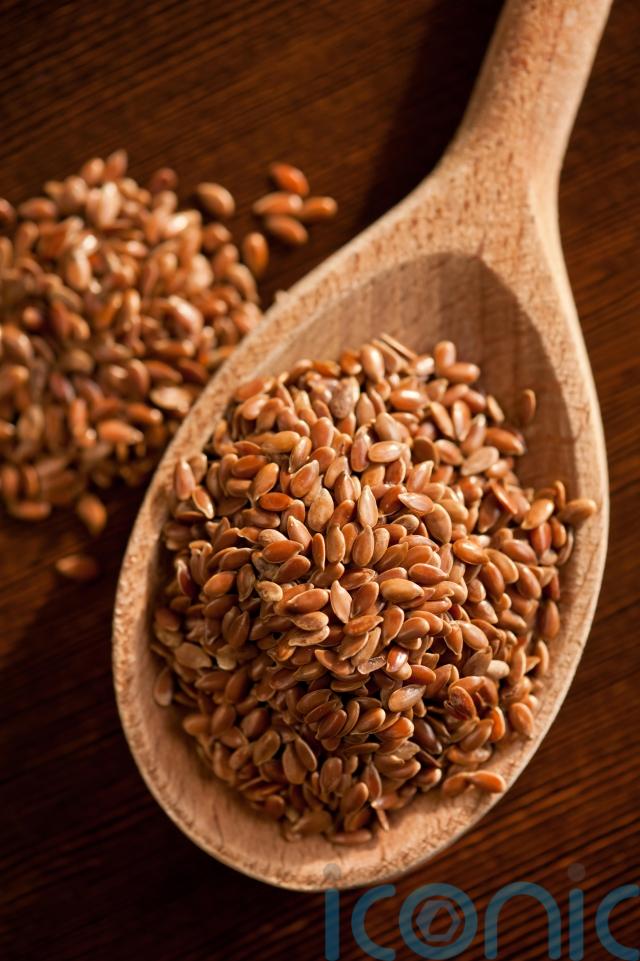
“For people struggling with constipation, one thing I often recommend is a tablespoon of golden linseeds and to wash it down with a glass of water,” recommends Sanders.
5. Eat a kiwi everyday
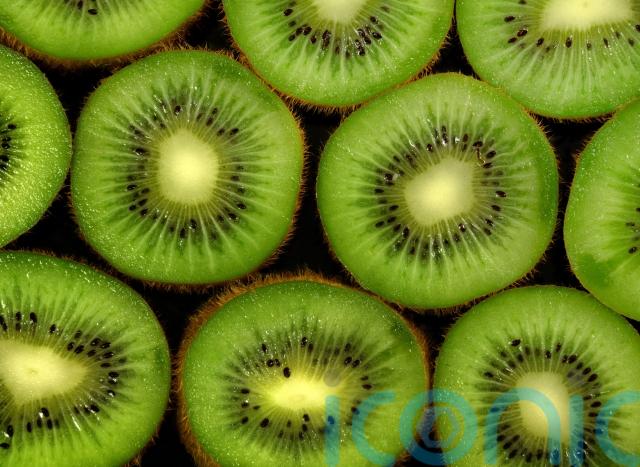
“Kiwis are a really good source of fibre and some research suggests that they can really help with constipation,” says Sanders.
One study found that the habitual consumption of two gold kiwifruit daily is at least as effective as fibre-matched psyllium supplement in treating constipation in adults, with fewer side effects, and offers greater ease of defecation through the improvement of stool consistency and reduction of straining.
6. Snack on oat cakes instead of digestive biscuits
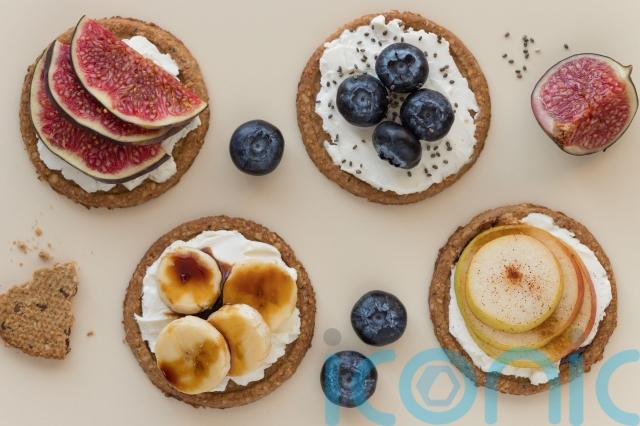
“Swap digestive biscuits for some oat cakes to get another couple of grams of fibre into your diet,” suggests Sanders.
Subscribe or register today to discover more from DonegalLive.ie
Buy the e-paper of the Donegal Democrat, Donegal People's Press, Donegal Post and Inish Times here for instant access to Donegal's premier news titles.
Keep up with the latest news from Donegal with our daily newsletter featuring the most important stories of the day delivered to your inbox every evening at 5pm.